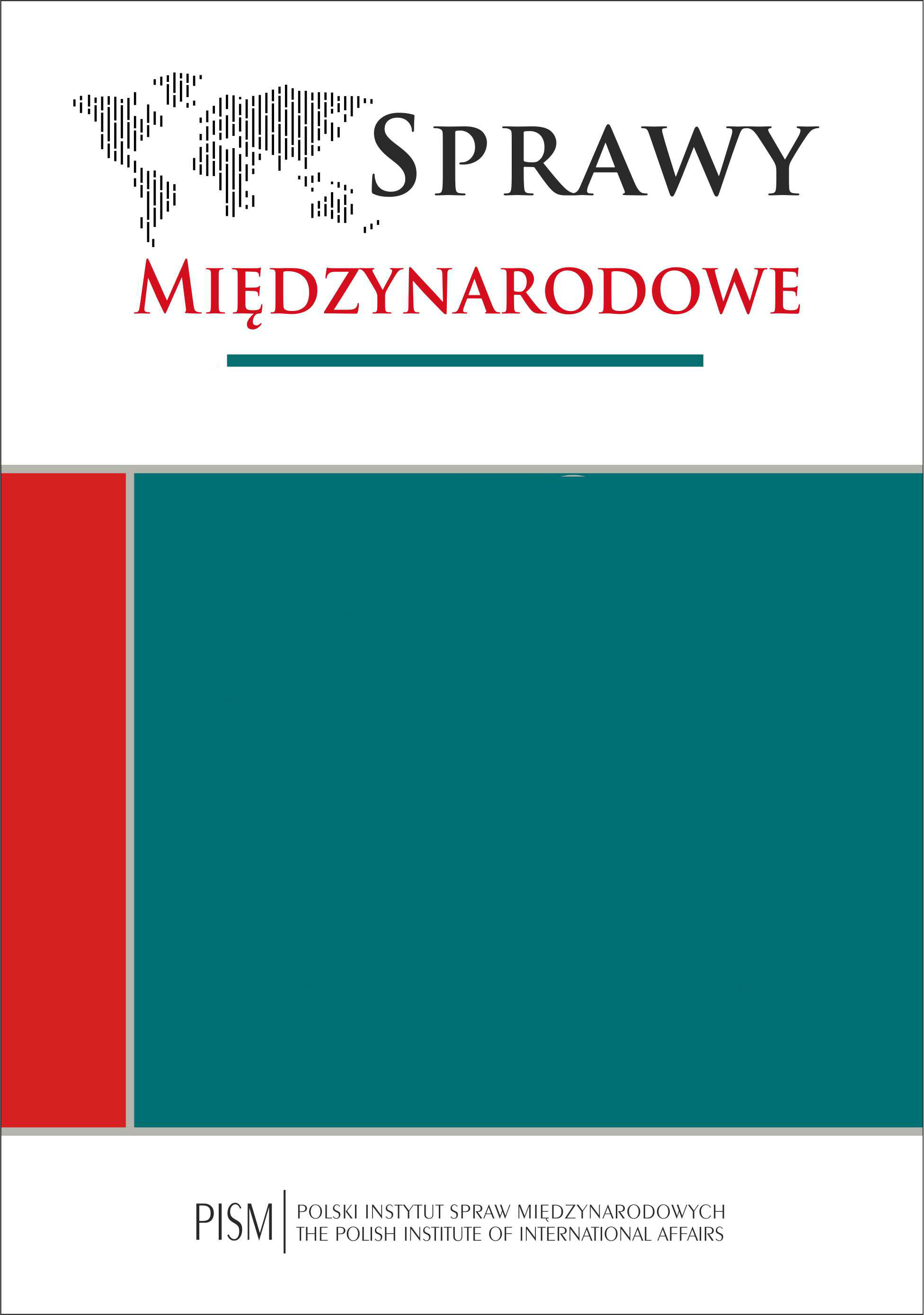Proliferacja, obrona antybalistyczna i odstraszanie nuklearne na Bliskim Wschodzie. Nowy wyścig zbrojeń czy stabilizacja regionu?
Proliferation, Ballistic Defense and Nuclear Deterrence in the Middle East. A New Arms Race or Stabilisation of the Region?
Author(s): Marcin Andrzej PiotrowskiSubject(s): Politics / Political Sciences
Published by: PISM Polski Instytut Spraw Międzynarodowych
Summary/Abstract: The Middle East is experiencing many conflicts at once, has a lack of military transparency and confidence-building measures, and features short distances well within missile range and the risk of a rapid escalation of local crises. The region is full of ballistic missiles, with those with the longest range owned by Israel, Saudi Arabia, and Iran. For a long time, Israel has possessed a regional nuclear monopoly, and it is concerned about the prospects of a nuclear Iran. There are many obstacles to countries in the region that want to build ICBMs. Only Israel has built its own “multi-layered shield”, and it is a leading country in anti-ballistic missile and counter-rocket defences. Israel’s unique position is in contrast to the gaps and weaknesses of the missile defences of the Arab countries. In all of the probable scenarios involving Israel’s nuclear deterrence, the country will continue to further improve its missile defences. Israeli experts believe that missile defence will be an important element of crisis management if Iran is able to create a nuclear arsenal. Deterrence and missile defence seem to be connected priorities for the U.S., which wants to maintain flexibility in case of any military crises involving Iran.
Journal: Sprawy Międzynarodowe
- Issue Year: 2013
- Issue No: 3
- Page Range: 5-28
- Page Count: 24
- Language: Polish

